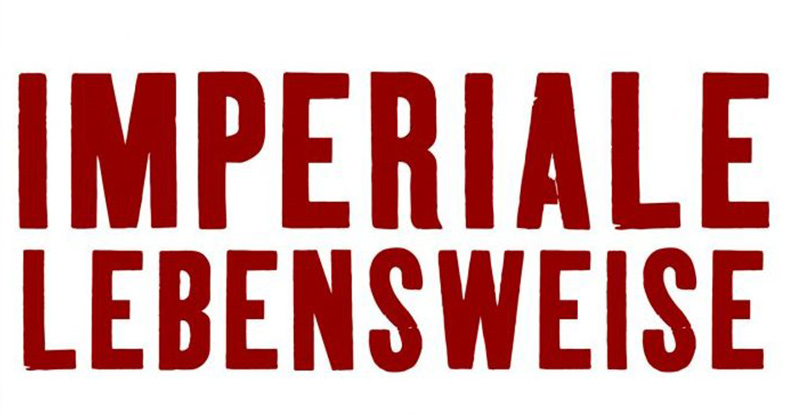Every day, we allow it to become invisible that our lifestyle is only possible because we “externalize” or offload the costs for it onto other people and societies. The exploitation of people and nature, or more precisely the overexploitation (mostly) of the Global North of the social and economic resources of the Global South, is at the center of this book. Ulrich Brand and Markus knowledge describe and analyze in it a world order whose basic functioning of production and consumption is an imperial one, a global one, and a capitalist one. What is to be made clear, as the authors write in the introduction, is the production of normality via the “fading out of the destruction that underlies it.”
Normality – in this case, everyday life in the Global North, including the manifold so-called “crises” of recent decades. In this sense, the book is also intended as a search for traces of their contexts of origin and the often inadequate solution strategies proclaimed to solve them.
“No common ground,” writes feminist economist and theorist Silivia Federici, ” is possible, provided we do not refuse to base our lives and reproduction on the suffering of others and perceive ourselves as separate from them.” This quote is right at the beginning of the book and shows the claim of the authors to work towards the necessity and possible starting points of a “socio-ecological transformation”, of a coexistence based on equality.
For an overview of other theses and debates surrounding the book, check out this half-hour video recording from radio%attac. We have already presented a publication of the I.L.A. Collective from 2017, which also critically deals with imperial ways of life and their structures of exploitation.
Ulrich Brandes & Markus Wissen 2017: Imperial Way of Life. On the exploitation of people and nature in times of global capitalism. Munich: Oekom
If you don’t have a bookstore worth supporting near you, you can also buy the book from the alternative non-profit online bookstore links-lesen.de, which supports political projects with the profits. The link to the book can be found here.

